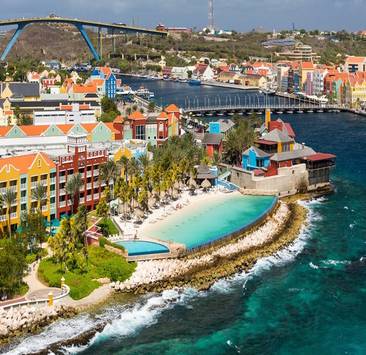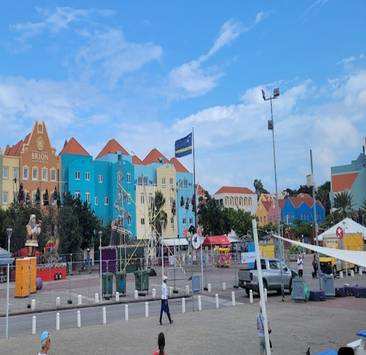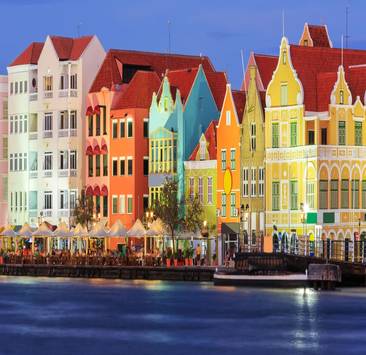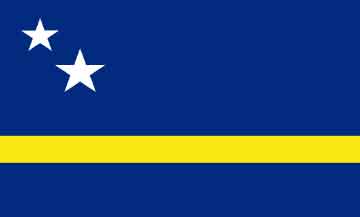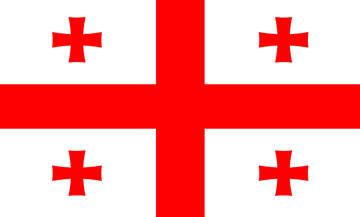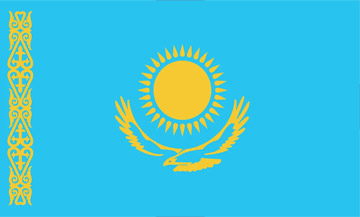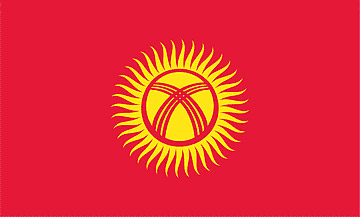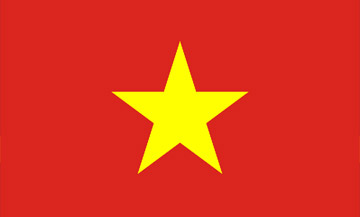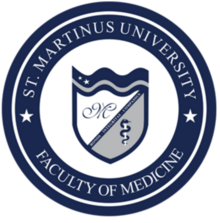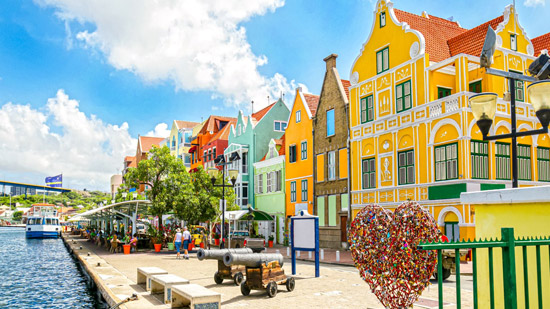Study MBBS in Curacao
Curaçao is located in the Southern Caribbean, just off the coast of Venezuela. Curaçao is an autonomous country within the Kingdom of The Netherlands and, together with Aruba and Bonaire, it constitutes the “ABC” islands, or Leeward Antilles. Curaçao is a Dutch Overseas Country and Territory (OCT) and one of the three constituent countries of the Kingdom of the Netherlands in the Caribbean region.
Curacao uses the Antillean Guilder (ANG) as its official currency, also known as the Curacao Guilder. This Guilder is linked to the US Dollar (USD), with a fixed exchange rate of 1 USD = 1.79 ANG.
The cost of food in Curaçao can range from relatively inexpensive to quite expensive, depending on where you eat. A meal at a local restaurant can cost anywhere from $10 to $30. The economy of Curaçao is a high-income economy, as defined by the World Bank. English is the most widely spoken language in the region, although many people speak both languages fluently. In fact, according to the 2010 census, 62.4% of the population speaks English, while 21.1% speaks Dutch. About 85% of Curacao’s population is of African derivation. The remaining 15% is made up of various races and nationalities, including Dutch, Portuguese, North Americans, natives from other Caribbean islands, Latin Americans, Sephardic Jews, Lebanese, and Asians.
Why Choose MBBS in Curaçao?
Globally Recognized Medical Universities
Curaçao is home to several prestigious medical universities that are recognized and accredited worldwide. These universities offer high-quality medical education, adhering to international standards.
English-Medium Instruction
One of the biggest advantages of studying MBBS in Curaçao is that the majority of medical programs are taught in English. This makes it an attractive destination for international students who may not be fluent in other languages but still wish to receive a top-notch medical education.
Expert Faculty
The medical universities in Curaçao boast highly qualified and experienced faculty members who are dedicated to providing comprehensive guidance and support to their students. They strive to create a conducive learning environment that fosters academic excellence.
Clinical Training Opportunities
Curaçao provides excellent clinical training opportunities, enabling students to gain hands-on experience in a wide range of medical specialties. This exposure is crucial for developing essential practical skills and preparing for future medical practice.
International Student Community
Curaçao is a melting pot of cultures, attracting students from all corners of the globe. As an international student, you will have the chance to interact and collaborate with peers from diverse backgrounds, creating a rich and stimulating academic atmosphere.
Beautiful Island Life
Beyond academics, Curaçao offers an enchanting island lifestyle. With its picturesque beaches, crystal-clear waters, and warm climate, it provides a perfect balance between studies and leisure.
We also can Guarantee admissions in
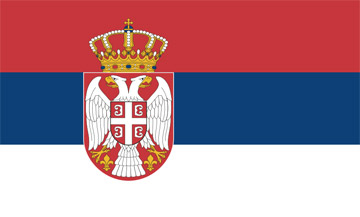
Serbia
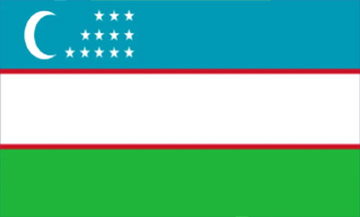
Uzbekistan
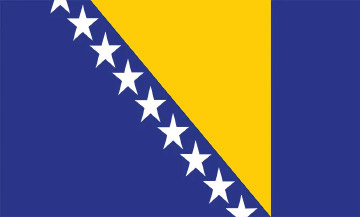
Bosnia & Herzegovina
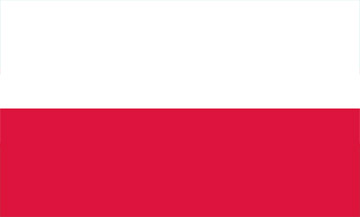
Poland
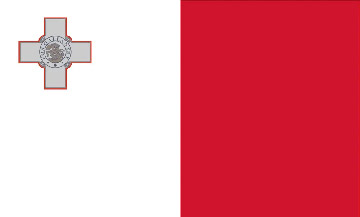
Malta
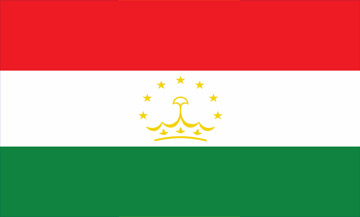
Tajikistan
Gallery
